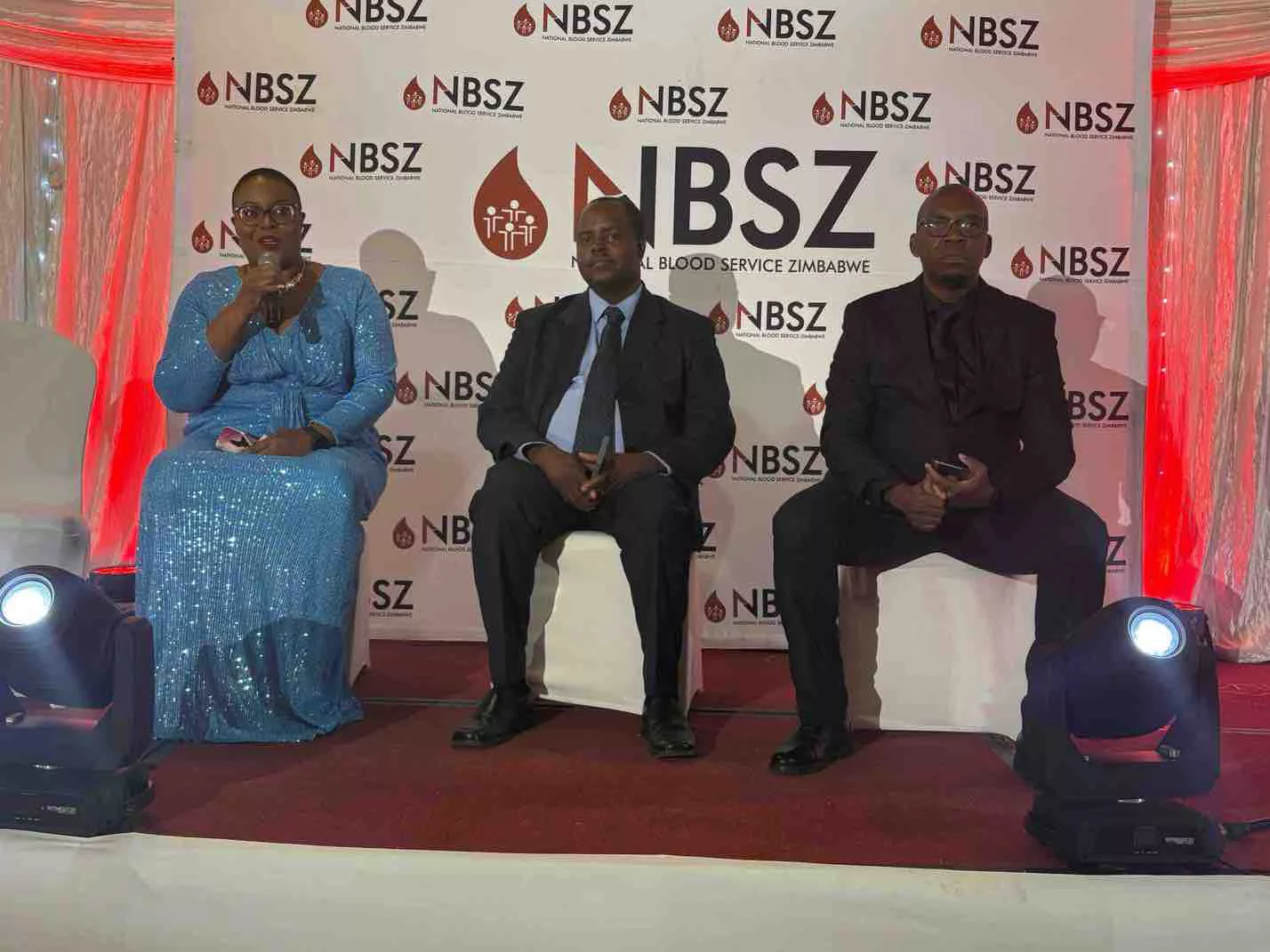|
Getting your Trinity Audio player ready...
|
As it joined other stakeholders to observe World No Tobacco Day, the Community Working Group on Health (CWGH) reiterated that tobacco use is a major public health issue.
CWGH said there is a substantive body of evidence on the harmful health effects of tobacco smoke. Tobacco use is a known risk factor for cancer (through DNA damage), and lung and cardiovascular disease (through damage to blood vessels, increased risk of clotting; and damage to the lining of the lungs).
There is no safe level of tobacco smoke, although an increase in the duration of smoking and the number of cigarettes smoked per day increases the risk and severity of many smoking-related diseases.
The context for tobacco control in Zimbabwe is complicated by the fact that the country is a producer of tobacco, that large- and small-scale farmers and workers currently depend on tobacco production for income, and that it contributes to a large share of current export earnings.
“Nevertheless, as the Zimbabwe Tobacco Association itself agrees, this should not draw attention away from the proven harmful health effects of tobacco use, and the rising level of these health effects if current practices are not addressed, including in vulnerable groups such as children, youth, and pregnant women. This calls for effective and fair public health control measures to limit the harmful effects of smoking. International experience and population health evidence suggest that these include measures to reduce demand for tobacco/ smoking, to encourage people not to initiate tobacco use, to encourage smokers to quit, and to eliminate exposure to second-hand smoke. This is particularly important for young people.
“Given the weak enforcement in areas of partial restriction, a more comprehensive law may be desirable to ensure complete smoke-free environments for all youths, including, prohibitions on smoking in restaurants and other public gathering places and on all direct tobacco advertising,” Itai Rusike, the CWGH Executive Director said.
This year’s theme, “Unmasking the Appeal: Exposing Industry Tactics on Tobacco and Narcotic Products,” serves as a crucial reminder of the manipulative strategies employed by the tobacco industry to lure individuals, particularly youth, into a cycle of addiction. These strategies include aggressive marketing, the promotion of misleading information about the safety of their products, and targeting young people through attractive packaging and event sponsorship. It is imperative to educate communities, especially the youth, about the true costs of tobacco use and narcotic products on their physical and mental health.
CWGH is calling upon all stakeholders, government, civil society, health professionals, and community members to take decisive action against the tobacco epidemic. It urged the government to strengthen tobacco control policies, enforce stricter regulations on advertising and promotion, and invest in public health campaigns that educate communities about the risks of tobacco use.
One of the primary public health challenges today is the allure of tobacco, nicotine, and related products, particularly to young audiences. The industry consistently seeks ways to make these products appealing, adding flavours and other agents that alter their smell, taste, or appearance.
Young people are often targeted by tobacco and narcotics marketing, making it essential to empower them as advocates for change. Communities can establish peer education programs where trained youth leaders share information with their peers about the dangers of substance use. Collaboration with local organizations, schools, and businesses can amplify the message and create a unified front against tobacco and narcotics.
World No Tobacco Day presents an invaluable opportunity for communities to come together and raise awareness about the dangers of tobacco and narcotics. Through education, youth engagement, and collaborative efforts, communities can foster a culture of health that empowers individuals to make informed decisions, ultimately reducing the impact of these harmful substances. By taking action, communities can contribute to a healthier future for all, free from the grips of tobacco and narcotics.
The Community Working Group on Health (CWGH) is a network of national membership-based civil society and community-based organizations that aim to collectively enhance community participation in health in Zimbabwe.






